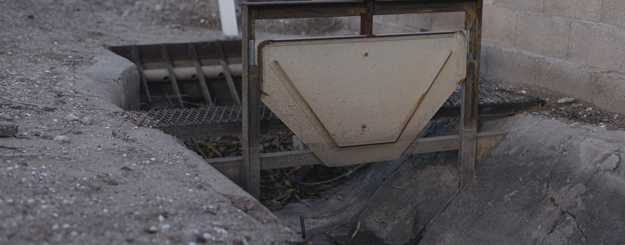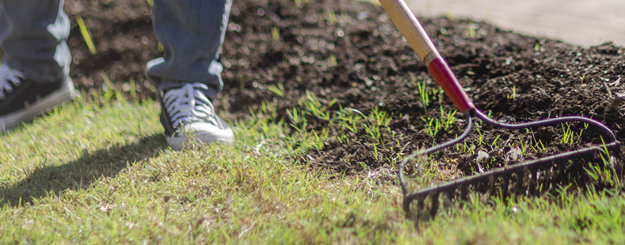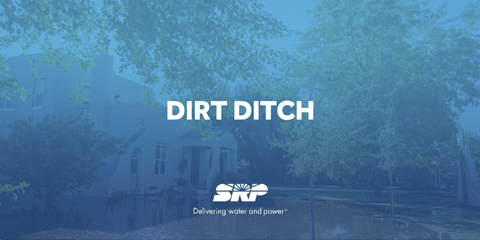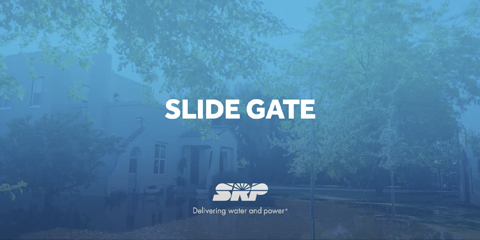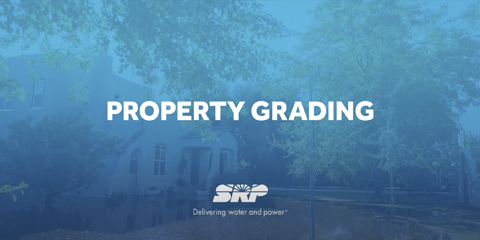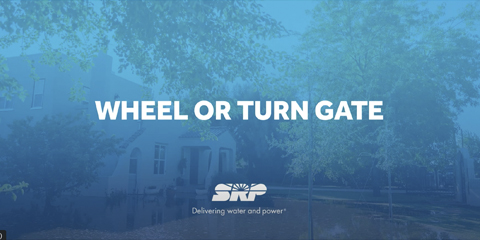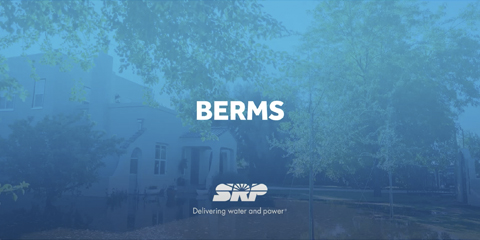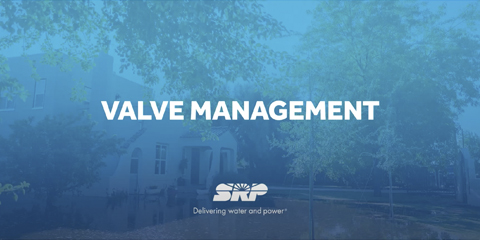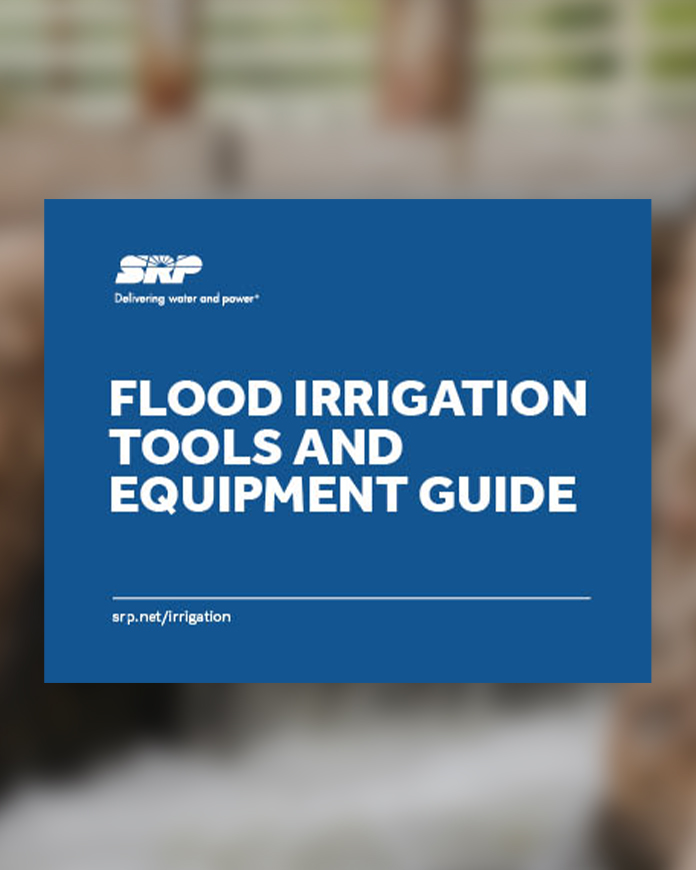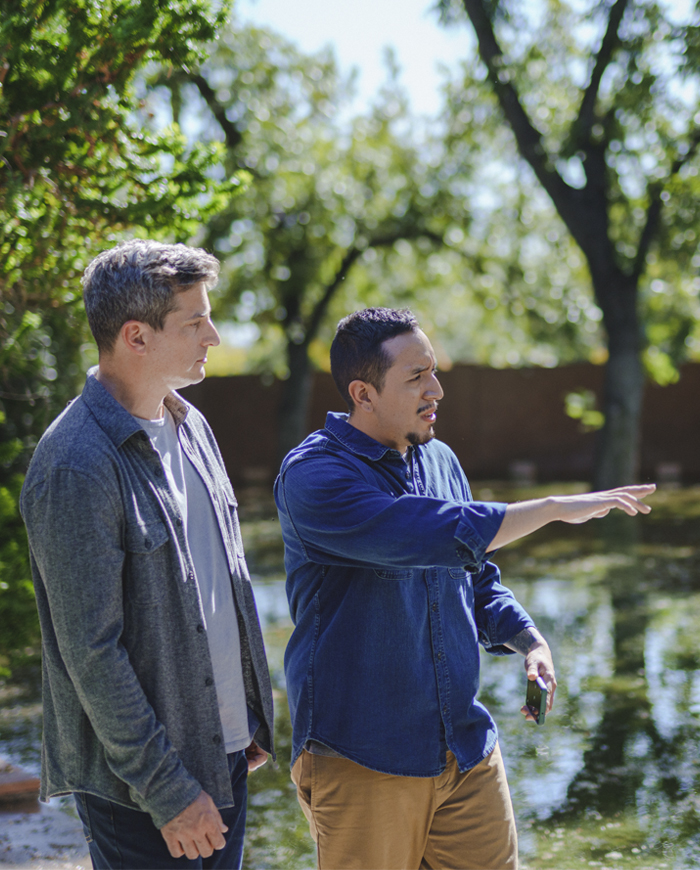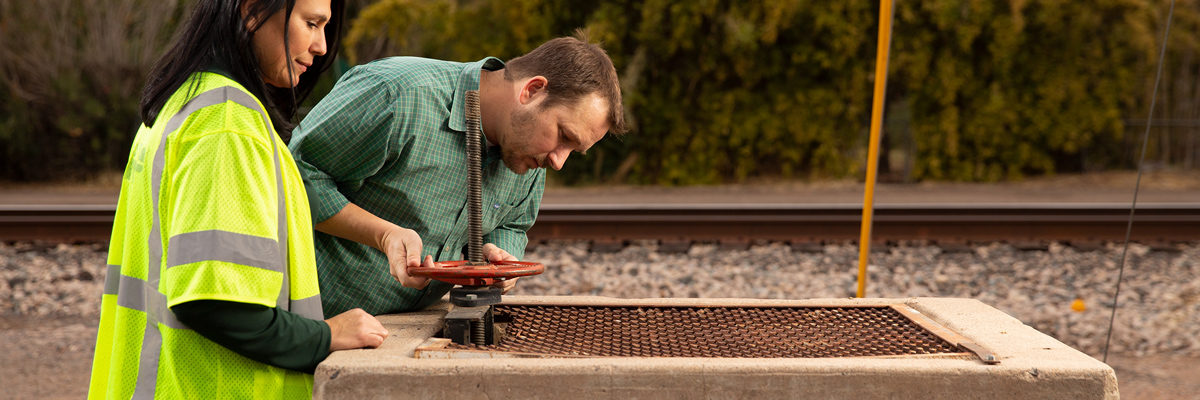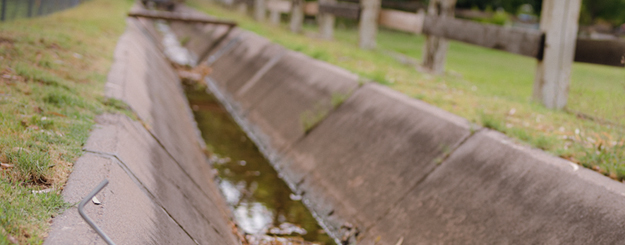
Keep it clean
Weeds and trash can cause ditches to overflow and interfere with water deliveries. We suggest organizing regular neighborhood ditch cleanup days and following these cleaning and maintenance tips:
- Clear out any grass, weeds or debris from your ditches.
- Shovel the bottom out 2–3 inches lower than the bottom of the head gates or pipe.
- Make sure trash gates are properly installed where open ditches flow into a pipeline.
- Cover your standboxes to keep debris from entering your system.

